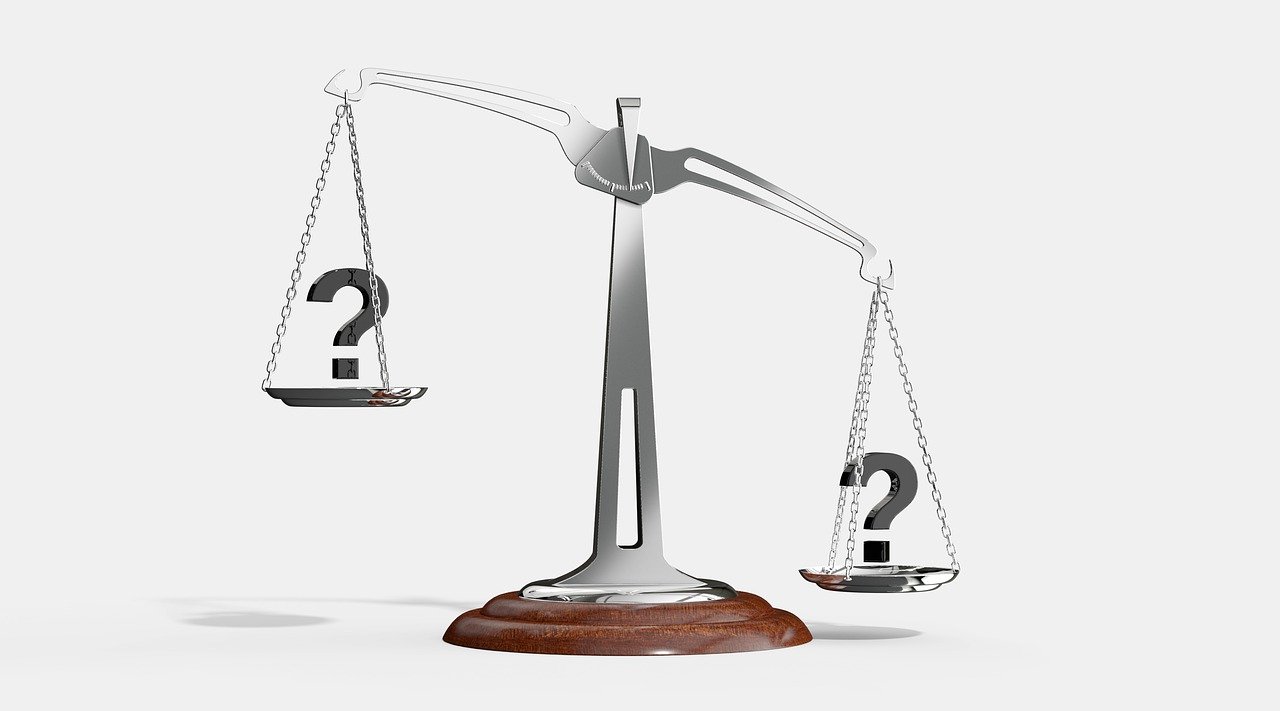Work, school, and relationship pressures (amongst other things) can cause havoc with our mental and physical wellbeing.
Here are some examples of how you can relieve your stress and anxiety:
- Listen to music
Whether you are into Tchaikovsky or Little Mix, try taking a break and listening to your favourite music. Playing music can have a positive effect on your mind and body, lowering your blood pressure and reducing cortisol (the primary stress hormone).
2. Laugh
If you’re having a bad day, try seeing the lighter side of the situation. Laughter is the best medicine and relieves tension by relaxing your muscles. It also improves your mood, helping you to handle the situation with a clearer mind.
3. Learn to say no
Your workload is through the roof and you really can’t take on more, unless you work until the small hours of the morning. You might think it will harm your career prospects if you decline more work, but it will be worse if you take on more but don’t manage to finish it – or you have a nervous breakdown.
4. Stop procrastinating
Leaving things until the last minute contributes to mental confusion and makes it difficult to take advantage of your limited time. The adrenaline rush that you may get from time running out may be an advantage on occasion, but you can’t always control your situation (or time).
5. Take a yoga class
Research has found that yoga can boost your mood and may be as effective as antidepressant drugs at treating depression and anxiety. Yoga promotes relaxation by combining the body, the mind, and breathing exercise.
6. Talk about it
Call a friend or a family member or a counsellor. Having someone else listen to your problems can help clarify many things; and having them help you find solutions to your problems without judging you is even better. People find that talking about issues do not make them disappear, but they find it easier to cope with.
7. Talk to yourself
Sometimes calling a friend is not an option. This might sound crazy, but you are the only person who knows what you are thinking and feeling. Tell yourself why you are anxious or stressed, what your options are, and that everything is going to be okay.
8. Start a gratitude journal
A gratitude journal is a way of reminding yourself why you are grateful for the many good things you have. It is also a reminder how to spend your time wisely, how to spend your money wisely, and essentially how you feel and how you treat yourself.
Start by setting aside a little part of your day to write (or type) in your journal. Make it a set time of the day, so that you get into a routine. Also, use that time to meditate and calm yourmind and your body.
9. Exercise
Believe it or not, physical exertion can relieve mental stress. It helps to release endorphins – chemicals that improve your mood – and it can improve your quality of sleep. A healthy body may make you feel more confident and your outlook on life.
10. Eating habits
What we eat and how our digestive, immune, and nervous systems function can affect our mental and physical wellbeing. Diet can affect your blood sugar, blood pressure, heart rate, and the release of all sorts of hormones.
Eating a balanced diet can help our bodies manage the physiological changes caused by stress. Choose whole, natural foods, get enough protein, avoid highly refined foods, and Eat a Rainbow (of food colours).





